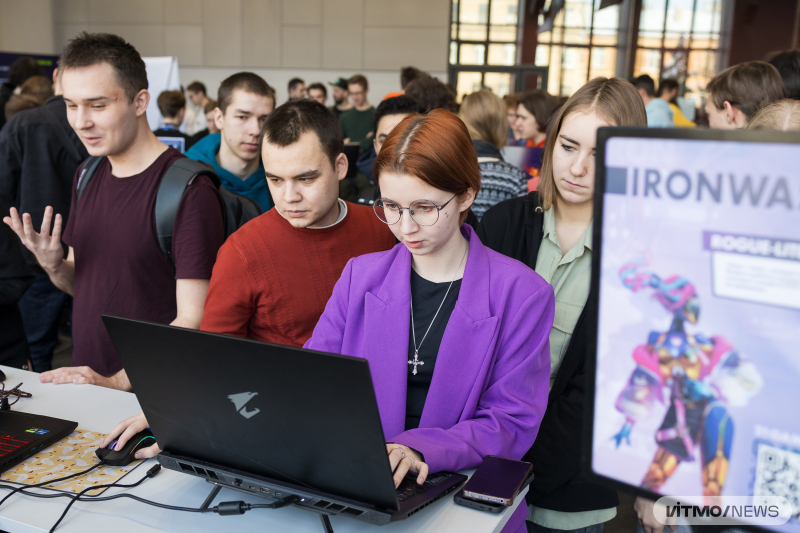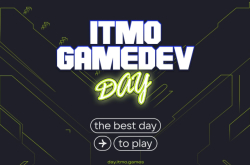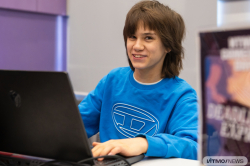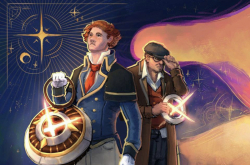Each of the teams will be supported in different ways depending on their game’s current stage of development and what still needs to be done. That includes searching for expert consultants, additional team members, or investors – as well as improving work processes and game development technologies, conducting additional training, or curating the process. In addition, the program is set to include hackathons, festivals, and themed schools.
Participation in the project is open to small teams that already have a prototype of their game. The prototype itself can be of any kind: one that’s been in development for a while or one that’s a result of practical training, a course project, or a game jam.
To join Finish the Game, teams must fill out the form (website in Russian) and provide information about both the game and the team itself. After reviewing the applications, the organizing team will contact the chosen participants within two to three weeks.
“Every year, thousands of video game prototypes are showcased at conferences, festivals, and other events. But only a few make it to release. And it’s not that the ideas are bad. It’s just that young teams lack the experience to know which path to take, leading to fatal errors. That includes poor time management, incomplete teams, delegating tasks to those who can’t deal with them, ignoring the marketing strategy, or signing unfavorable contracts. Through this initiative we, as experienced mentors, can help teams resolve the issues that arise during development and promotion of their game as well as provide them with the necessary connections in the game development community,” says Andrey Karsakov, the head of ITMO’s Game Development School.
Andrey Karsakov. Photo by Dmitry Grigoryev / ITMO.NEWS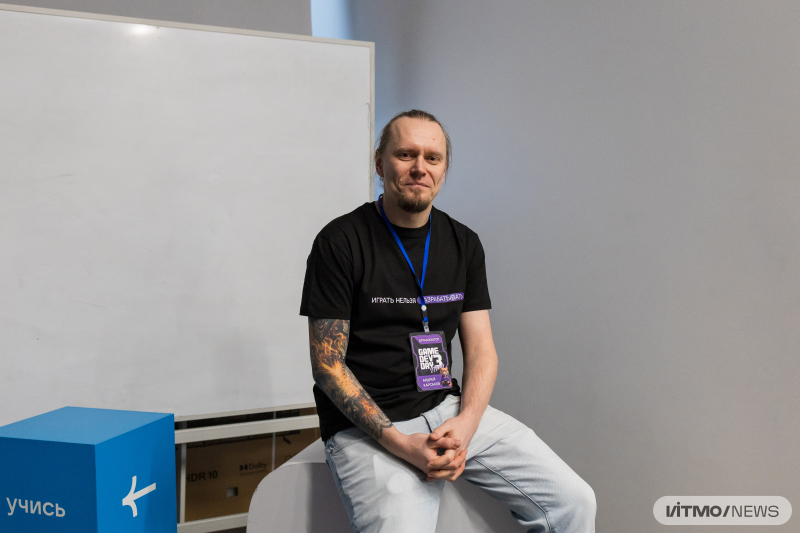
The Game Development School (GDS) is a part of ITMO University’s School of Translational Information Technologies. For more than eight years, it has been training software developers for the digital entertainment industry at Bachelor’s and Master’s level. Among its partners are major Russian development studios, which allows students to gain real-life experience even before graduation. Graduates of the school work at companies such as Melsoft, VK Play, Black Forest Games, SABER, Lesta Games, and others. Every year, students at GDS release their games onto the market and showcase them at industry events. Recently, students of the Master’s program Game Development Technologies took first place at DevGAMM awards with their project Library of Souls.
